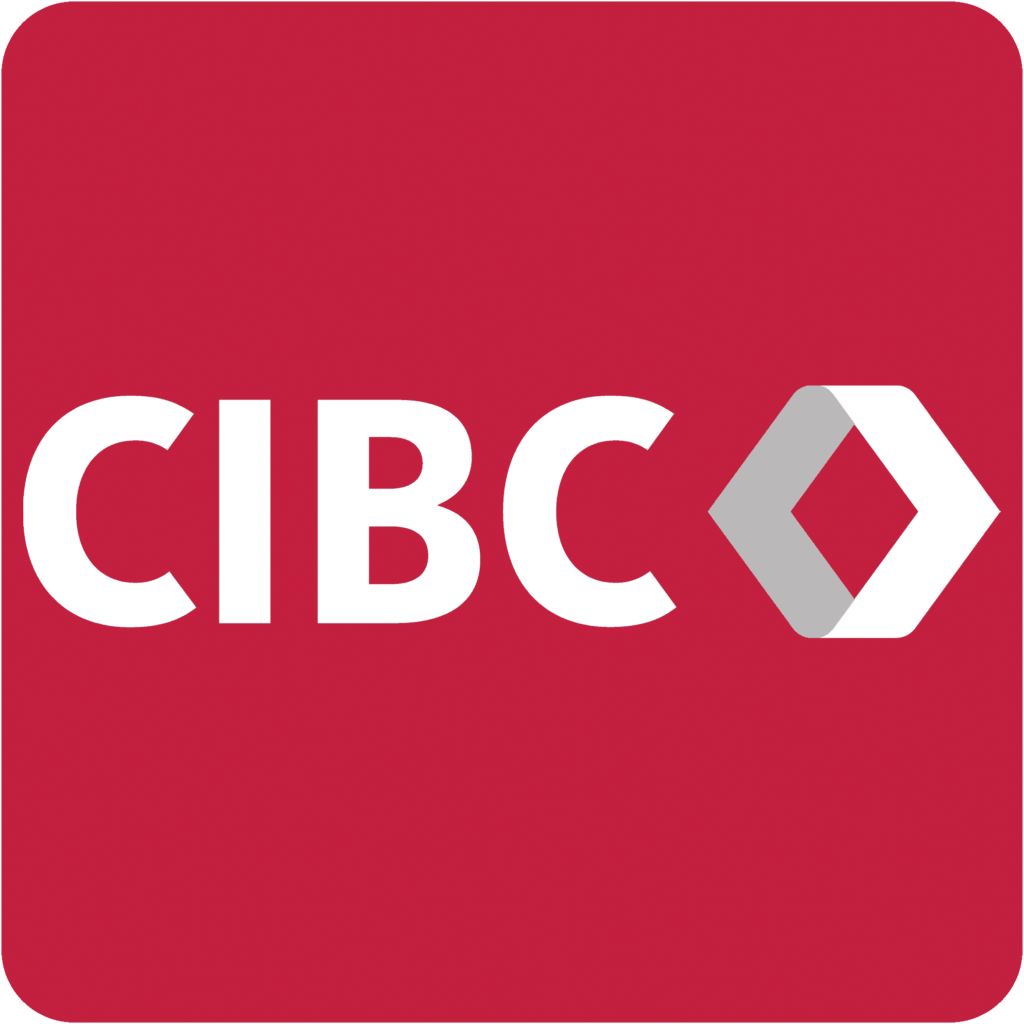
Putting AI to Work
Unlocking Enterprise Productivity Through Artificial Intelligence
Putting AI to Work is a 12-month, cohort-based initiative developed by Creative Destruction Lab (CDL) to help large organizations translate artificial intelligence into measurable business impact.
The program is grounded in the research and frameworks of CDL founder Ajay Agrawal, co-author of the bestselling books Prediction Machines and Power & Prediction: The Disruptive Economics of Artificial Intelligence.
Designed to accelerate AI implementation in large organizations, the program supports teams in selecting, deploying, and scaling AI solutions that aim to deliver a 20% productivity lift—either through cost savings, output improvements, or enhanced service quality within two years.
Real-World Impact from Industry Leaders
Organizations across multiple sectors have already leveraged CDL’s structured approach to realize early gains:
- A $1B IT Value-Added Reseller adopted an off-the-shelf AI solution to improve RFP responses, generating an additional $30M in annual revenue.
- A $500M Regulated Communications Company developed in-house AI to review online content for compliance, unlocking $36M/year in new revenue.
- An $850M Machinery Manufacturer used outsourced AI agents to mine legacy data and launch a digital repair parts platform, producing $25M in annual gains.
These organizations will continue to grow the impact of AI adoption as these solutions are scaled.
From Strategy to Results: Built on Prediction Machines
The first half of the program focuses on AI strategy development, guided by Ajay Agrawal’s frameworks from Prediction Machines. Each business unit leader creates a focused plan to use the fewest number of AI applications required to hit a 20% productivity target. These strategies are prioritized by the CEO or organizational lead based on expected ROI, forming the foundation of the organization’s Phase 1 AI roadmap.
In the second half, participants shift from strategy to execution, supported by peers, vendors, and CDL advisors. The implementation phase follows the core insight from Power & Prediction, that the true disruption of AI comes not from tools alone, but from reimagining decision-making processes. The program helps teams integrate AI into workflows, manage prediction errors, and build feedback loops that enhance performance.

As a participant in CDL’s Putting AI to Work Program, CIBC will be a key member of a cohort consisting of leading organizations from various sectors across the Canadian economy, all focused on responsibly integrating AI across their businesses to do more for stakeholders. Read more here.
Join Us
If your organization is ready to move beyond AI experimentation and into value creation, we invite you to express interest in Putting AI to Work. Gain access to a world-class network, actionable frameworks, and a proven path to operational transformation.
If you are interested in learning more about CDL’s Putting AI to Work Program, please complete the Program Expression of Interest form.
Start Form
Who Should Participate?
Putting AI to Work is ideal for innovation leaders, functional heads, technology teams, and operational managers in large organizations seeking to build or scale AI initiatives. Whether you’re piloting your first use case or rolling out enterprise-wide automation, the program adapts to your stage and structure.

Powered by CDL
The program is delivered by Creative Destruction Lab, a global non-profit with a mission to enhance the commercialization of science-based innovation for the betterment of humankind. CDL has supported thousands of organizations through complex transitions, including during the COVID-19 economic recovery, where its programs were featured in The New York Times.
Join Us
If your organization is ready to move beyond AI experimentation and into value creation, we invite you to express interest in Putting AI to Work. Gain access to a world-class network, actionable frameworks, and a proven path to operational transformation.
If you are interested in learning more about CDL’s Putting AI to Work Program, please complete the Program Expression of Interest form.